 |
 |
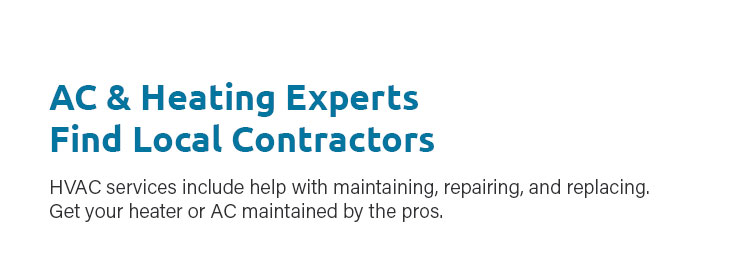 |
 |
 |
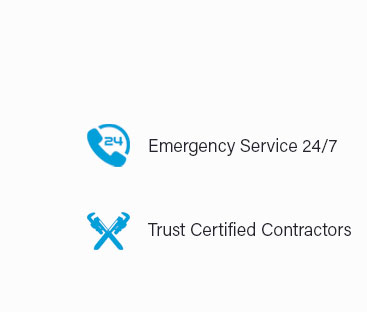 |
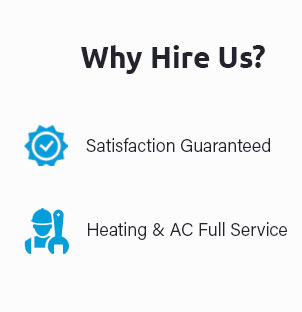 |
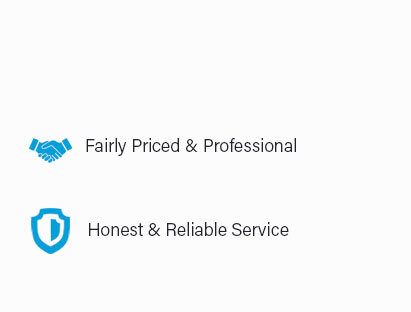 |
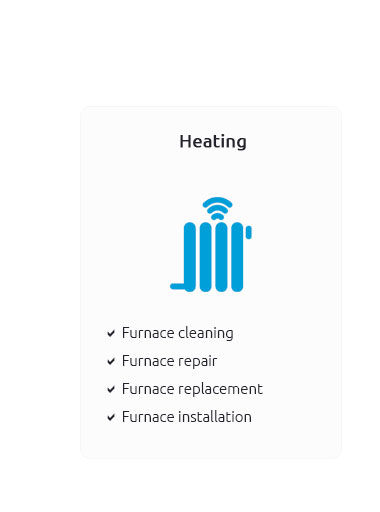 |
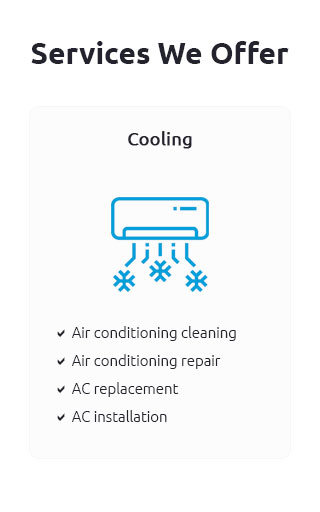 |
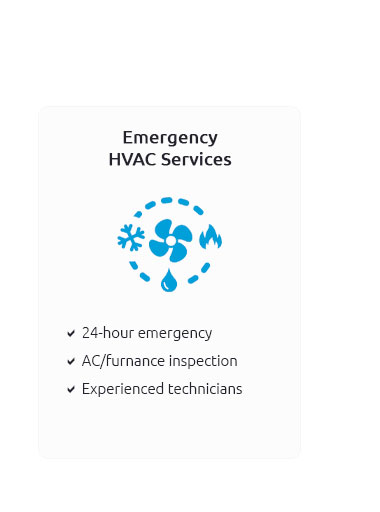 |
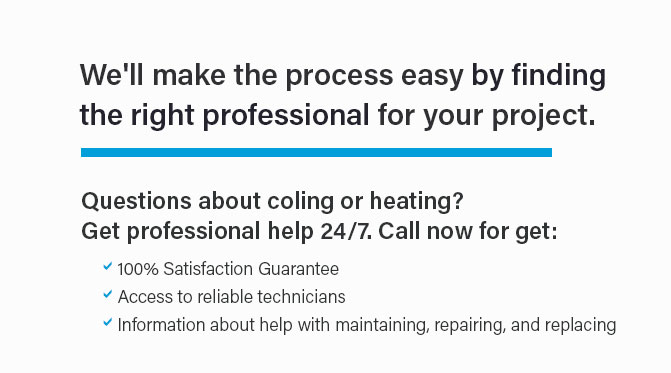 |
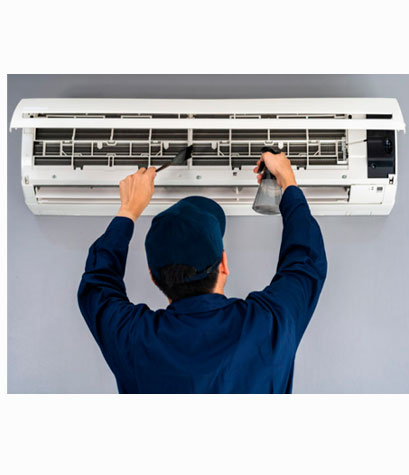 |
 |
 |
 |
|
8lv1aq4mj7f Unleash the ultimate climate control experience with our elite HVAC services-where AC and heating expertise meets unparalleled local contractor convenience, ensuring your environment is perfectly balanced all year round; discover the power of precision maintenance with average commercial HVAC maintenance costs tailored to your budget, because when it comes to comfort, compromise is not an option-step into a world where your comfort is our command and efficiency reigns supreme.
https://www.gridpoint.com/blog/hvac-maintenance-costs-the-ultimate-guide/
Commercial HVAC repairs can cost on average $450- $1000 per truck roll, not including the cost of parts needed to repair the machines. In addition, a recent ... https://fieldedge.com/blog/hvac-yearly-maintenance-cost-a-guide-for-businesses/
Average Costs: Residential ($175-$600), Commercial ($500-$2,000). Reduce Costs: Implement preventive maintenance, bulk purchase supplies, invest ... https://thecoolingco.com/blog/commercial-hvac-maintenance-cost/
Depending on where you are located, an HVAC contractor may charge an average of $100 to $140 per hour, and preventive maintenance visits ...
|